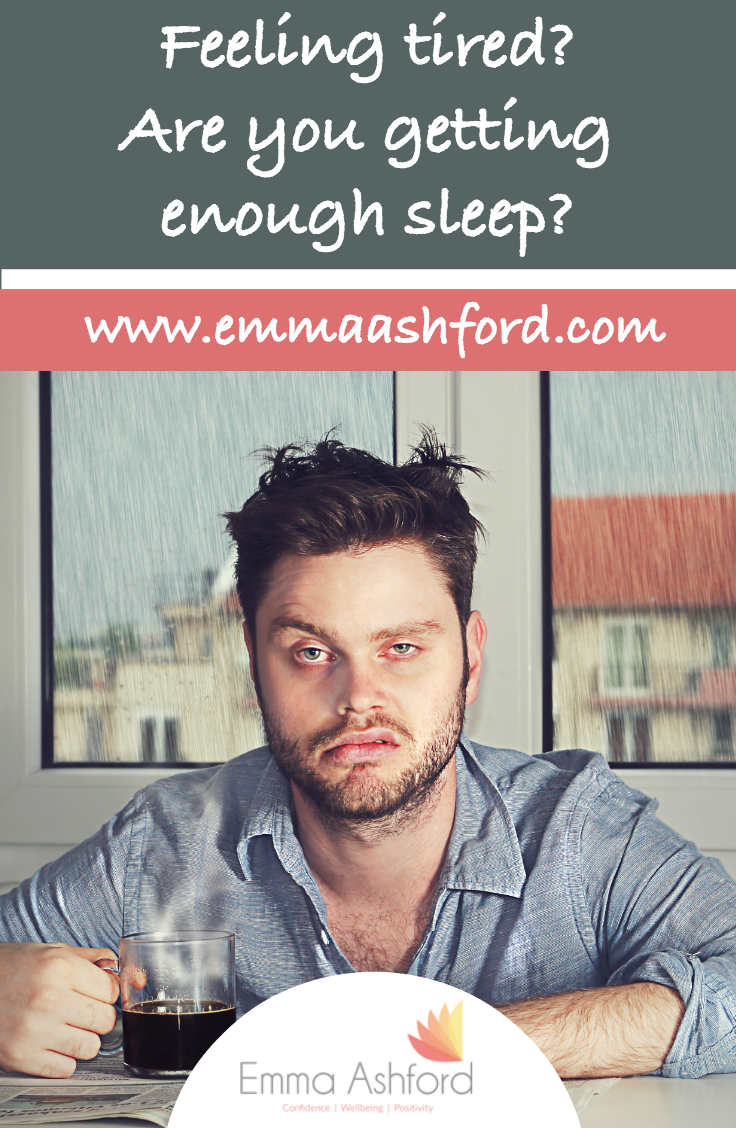
There are a huge amount of people who tell me they feel tired almost all the time but don’t really know why. It seems that as a society, one of the most common reasons for feeling tired is that we are simply not allowing ourselves enough time to be able to get the sleep we need.
We tend to try to push our evening to its very limit – just get one more thing done, watch one more programme or even just spend the time channel hopping.
Some of us have a sense of wanting to stay up to make the most of our time at home, time away from work or time with children in bed. Other people have just fallen into bad habits or have a strange sense that they might be missing something if they go to bed too early.
Whatever the reason might be, I believe that there is no better way to spend your time than giving yourself the opportunity to get the sleep you need to feel rested and to stay well.
People often ask me – how much sleep do we actually need? The standard issue advice is 8 hours but I strongly believe that this is an individual experience and it is more important that you work out what suits you best.
I know that I feel fantastic when I get 9 – 9.5 hours a night. Any more than that and I feel that I have had too much sleep. Now, unfortunately 9 – 9.5 hours is a little unrealistic for the average night during the week when I am working late and am often up early. So I aim for between 7 and 8 hours (as long as possible) during the week and then usually allow myself the space to have longer at least one day at the weekend.
See if you can think back to a time when you felt rested, felt positive and felt well. At that point, how much sleep where you getting? This may be a good indicator of how much sleep you need.
Otherwise, you may need to experiment a bit to find what works for you. Remember that just because you can get by on little sleep doesn’t mean you should. When you are not getting enough sleep you are most likely to be running on adrenalin, at least to some extent which is not good for you and can lead to experiencing a range of symptoms and even some health problems. Your body and mind both need the opportunity to rest and repair – it is our job to allow this to happen by getting enough sleep.
Once you know how much sleep you need (use the 8 hours advice if you are unsure), identify what time you need to get up in the morning. This would most likely be related to work or children but it might be that you identify what time you would like to get up in a morning. Then, work backwards from your getting up time, counting back the hours of sleep you need until you identify your bedtime. For example, if you were to need to get up at 6am and you were aiming for 8 hours sleep you would need to go to sleep at 10pm.
Then, you need to consider that your body and mind need some wind down time before you actually go to sleep. Wind down should involve calming, relaxing activities such as reading or listening to music, ideally in bed. Aim for at least half an hour of wind down time before you need to go to sleep and make that your new bed time. So, if you need to get up at 6 am and need 8 hours sleep your bedtime would be around 9.30pm to allow half an hour of wind down time before sleep around 10pm.
This will allow you to get the sleep you need. You do not have to be completely rigid about this and there will of course be nights you want to go out and do things which I would encourage you to do. I would simply suggest that you make those nights the exception and wherever you can, incorporate this helpful routine into your life – there is nothing more important for your wellbeing than sleep.
